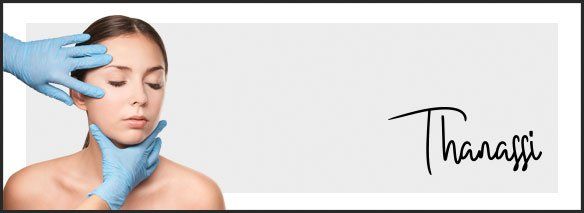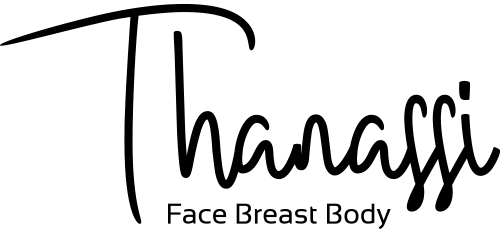LIFTING WITHOUT SURGERY
SPECIALISED COSMETIC SURGERY IN ABERDEEN
we provide cosmetic surgery across Aberdeenshire and Scotland
BOOK A CONSULTATION
✓ Discrete Consultation
We take your privacy extremely seriously
✓ Expert Service
Registered NHS and GMC plastic surgery specialist consultant
✓ Variety of Procedures
We provide a range of surgery to suit your needs
✓ Award-Winning Surgeon
Thanassi Athanassopoulos has won several awards
THE BEST VERSION OF YOU
LIFTING WITHOUT SURGERY
The A|C|C|O|R Plasma Pen treatment is a revolutionary method for a perfect face and body rejuvenation. The combination of plasma and LF+ technology currently makes the plasma pen unique across the world. It is important to stress that Plasma is a non-surgical technique where no scalpels or any other surgical instruments are used.
The Plasma Pen treatment is an active answer to a patient’s need for beauty treatments that provides a perfect look but is not based on surgical methods as there are no surgical risks involved.

KNOW YOUR OPTIONS
WHAT ARE THE POSSIBILITIES
FACE TREATMENTS
✓
Upper and lower eyelid correction
✓
Facelift and neck lift
✓
Upper Lip
✓
Worry lines
✓
Smile lines
✓
Nasolabial lines
✓
Labial lines
✓
All types of lifting
✓
Scar rejuvenation
✓
Removal of warts, freckles, sun spots and age spots
BODY TREATMENTS
✓ Tummy Tuck
✓
Arms
✓
Inner and outer thighs
✓
Lower legs
✓
Knees
✓
Elbows
✓
Breast
✓
Hands
✓
Forearms
ADVANTAGES OF PLASMA VS SURGERY
✓ No injections
✓
No cutting of the skin
✓
No stitches required
✓
Very low-risk procedure (minimal risk)
✓
Minimal side effects and far less downtime
✓
Quick and easy procedure
✓
Most patients can return to work the same day
✓
No thinning of the skin
✓
Significant cost saving
THE PROCESS
WHAT IS THE PLASMA PEN?
Without touching the skin, the pen creates an ionised plasma arc which projects onto the skin surface. The plasma arc instantly vaporises a point of skin at the required position, thereby tightening the immediate surrounding area. This is an especially gentle and low-pain procedure which achieves incredible, permanent results – immediately. Additionally, due to continued tightening after the treatment, we see further improvements. A major advantage is the rapid healing, made possible through the LF+ technology. Consequently, the excess skin is reduced, and the result tightens, tones and lifts the skin and wrinkle reduction. Most, if not all, methods of skin resurfacing are based on creating a controlled skin damage, which activates its healing, and this leads to the skin remodelling and improving in various signs of aging.
FIND OUT MORE
Complete your details and we will be in touch

